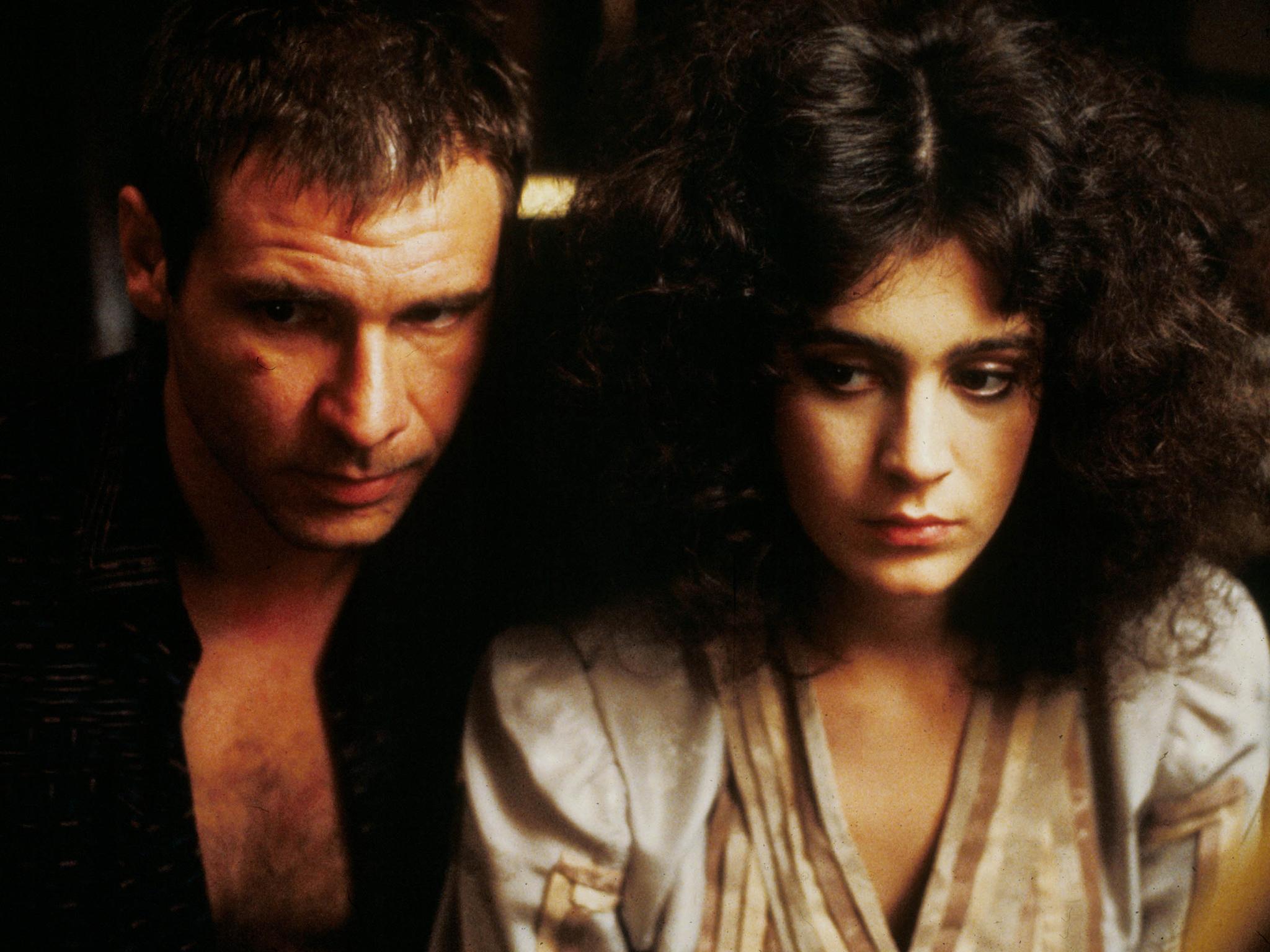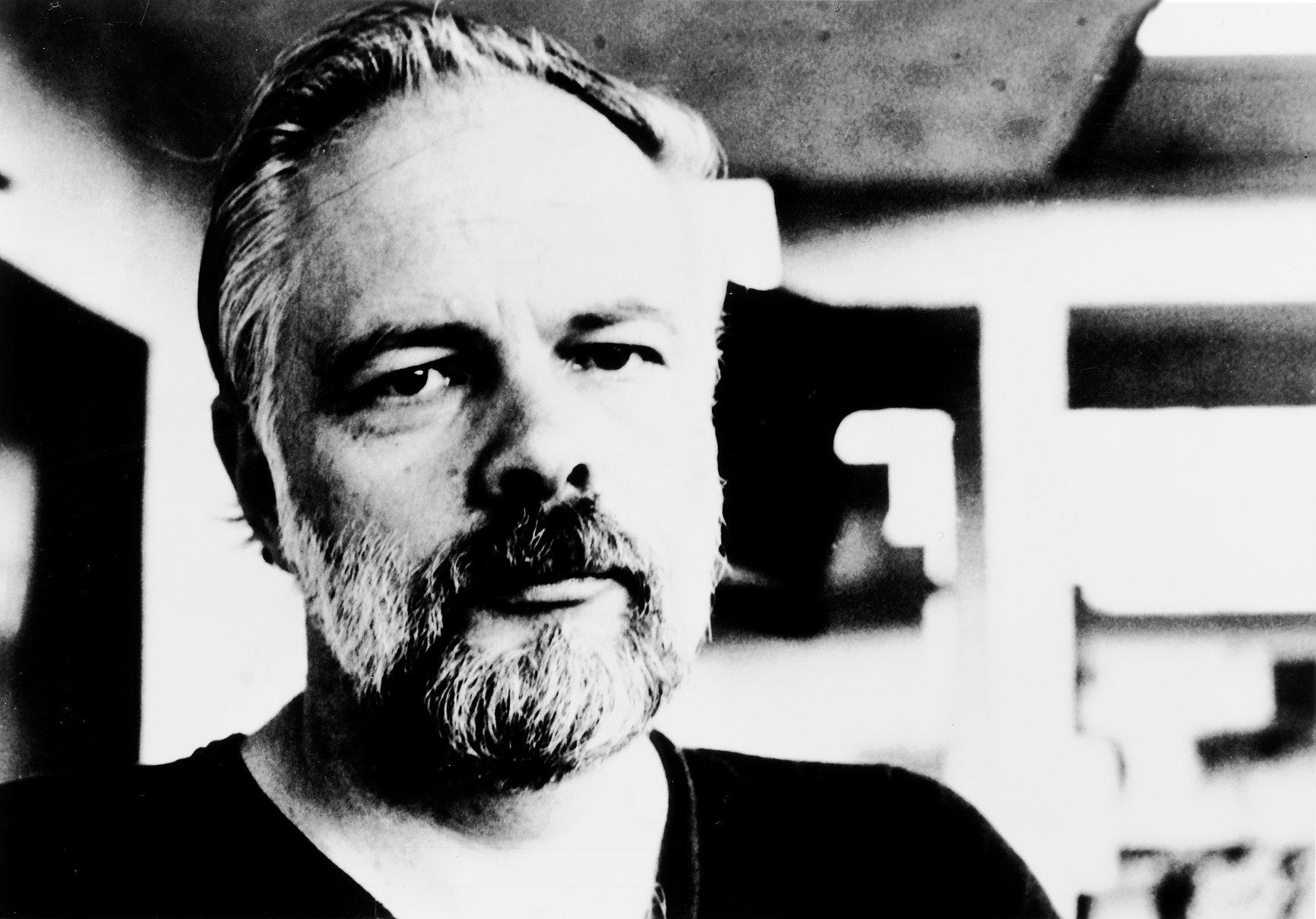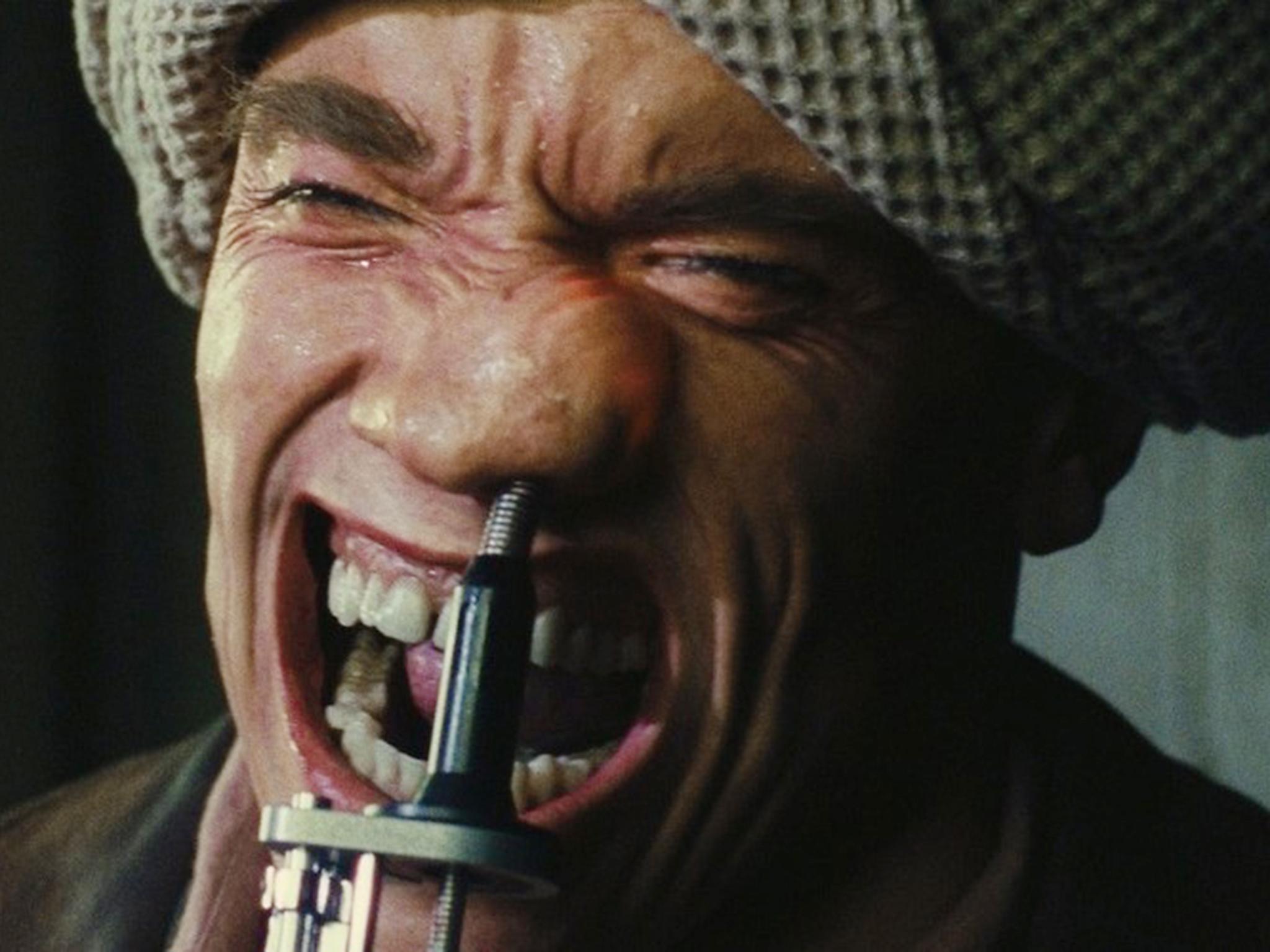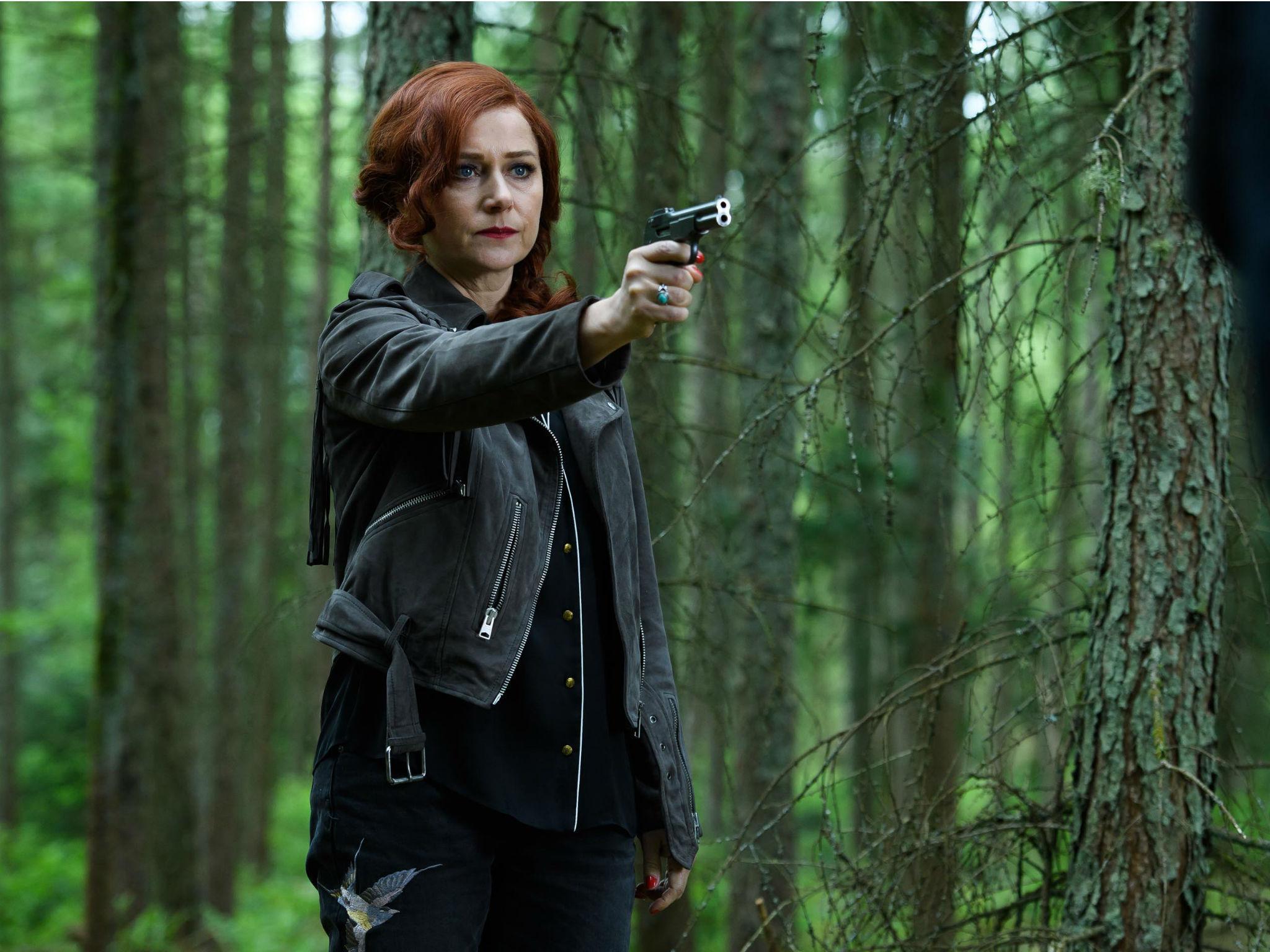Philip K Dick: You may not have read his books, but you've almost certainly seen the movies
‘Blade Runner’ is based on Dick’s 1968 novel ‘Do Androids Dream of Electric Sheep?’, while Channel 4 is broadcasting a ten-part series ‘Philip K Dick’s Electric Dreams’ based on his short stories

Without conducting extensive research, one can state with some certainty that many more people have encountered Philip K Dick through cinema or television than have read his published novels or short stories. Blade Runner, the critically acclaimed 1982 sci-fi blockbuster directed by Ridley Scott and starring Harrison Ford, was based on Dick’s 1968 novel Do Androids Dream of Electric Sheep? The highly anticipated sequel, Blade Runner 2049, has just been released to general acclaim.
Channel 4 is currently broadcasting a ten-part series of standalone dramas, penned by British and American writers, called Philip K Dick’s Electric Dreams and based on his short stories. In 2015, Amazon aired the first season of The Man in the High Castle, a loose adaptation of Dick’s Hugo Award-winning novel of 1962 which vividly imagines an alternative history in which the Axis Powers were victorious in World War Two.
The full list of Dick adaptations is too long to reproduce here, but it includes two big-screen versions of Total Recall, based on Dick’s 1966 story: We Can Remember It For You Wholesale, Richard Linklater’s 2006 production of A Scanner Darkly, and the Steven Spielberg-directed Minority Report in 2002.

On the surface, it is easy to understand why filmmakers and television producers are so keen to plunder Dick’s oeuvre. For one thing, there is his sheer prolificacy. Dick published his first short story in 1951 and never stopped writing until his death from a stroke on March 2, 1982, barely four months before the release of Blade Runner. There are 45 novels and more than 120 short stories for potential adaptors to choose from.
Many critics have observed that this headlong rush of creativity – driven partly by a naturally feverish imagination and partly by amphetamines – led to works of variable prose quality. And yet each of Dick’s sci-fi texts is replete with surprising and compelling visions of dystopian futures (or presents) and profoundly unsettling explorations of his recurring themes. These include: the nature of reality, subjective consciousness, schizophrenia, alternate universes, authoritarianism, technology and interactions between humans and non-humans.
The opening paragraph of one of Dick’s less critically-acclaimed novels, Eye in the Sky (1957), suggests the attractions of his work for producers of popular visual media: “The proton beam deflector of the Belmont Bevatron betrayed its inventors at four o’clock in the afternoon of 2 October, 1959. What happened next happened instantly. No longer adequately deflected – and therefore no longer under control – the six billion volt beam radiated upward toward the roof of the chamber, incinerating, along its way, an observation platform overlooking the doughnut-shaped magnet.”

The opening is highly misleading, in fact. If it promises uncompromising action ideal for cinematic special effects, then it highlights a consistent problem with adaptations of Dick’s work, whether or not they are (as is the case with Blade Runner) great movies. The author himself feared that Ridley Scott would turn his vision into “one titanic lurid collision of androids being blown up, androids killing humans, general confusion and murder, all very exciting”.
Coloured by his wry humour, Dick’s comments nonetheless raise an important issue about his writing which is that it isn’t, in any immediate, descriptive sense, particularly visual. Eye in the Sky, despite the bombastic opening, becomes a deeply paranoid meditation on consciousness, identity and gestalt, in which individuals injured in the deflector beam accident are forced to live in each other’s solipsistic subjective realities, inner worlds constructed and projected through prejudice and ignorance.
So Dick’s real visual strengths – the ones much less amenable to Hollywood treatment – consist in the conviction with which he visualises irrational, unconscious, inner terrain. When he describes alien landscapes, as he does in Martian Time-Slip (1964), they are inseparable from the psychological landscapes of his profoundly troubled characters.

For author Jonathan Lethem, who, having edited the Library of America editions of his novels, has tried harder than anyone else to drag Dick into the mainstream, Dick remains “the ultimate outsider, nonconformist dissident”. This is because of his absolute emotional commitment to the inner lives of his characters. Indeed, he was so close to them that, in Lethem’s words, he “was not utterly in control”.
Like that of his sci-fi contemporaries, such as Robert Heinlein, Dick’s work critiques consumer capitalism and authoritarian institutions, and reflects and predicts technological advances, not all of them benign. Lethem is right, however, to argue that Dick stands apart from other practitioners because of his “personal visionary intensity” and the overwhelming sense of powerlessness his characters experience in the face of their shifting universes. For the same reasons, Lethem suggests, some readers have found Dick’s writing challenging.

Critics have identified a kind of “spiritual turn” in Dick’s work after 1974, when he started having powerful, religious hallucinations. In truth, the novels which followed these visions, such as Valis and The Divine Invasion (both 1981), have more in common with his early, more obviously political sci-fi stories than many have allowed. Though these later novels evince a sincere interest in gnostic Christianity and divine communications, their obsession with identity, perception and the battle between isolation and connectedness is consistent with previous works.
Philip K Dick, who tried to write mainstream literary novels without much success before embarking on his sci-fi career, seems to epitomise the struggle that genre fiction continues to have to gain credibility within the canon. And yet he also seems to be positioned to the side of that debate, somewhere in his own created universe, following his own path. His remarkable destabilising visions will continue to offer rich material to cinema and television – and yet the adaptations will never quite catch the unique spirit of his work.
James Peacock is Senior Lecturer in English and American Literatures at Keele University
This article was originally published in The Conversation
Join our commenting forum
Join thought-provoking conversations, follow other Independent readers and see their replies
Comments
Bookmark popover
Removed from bookmarks